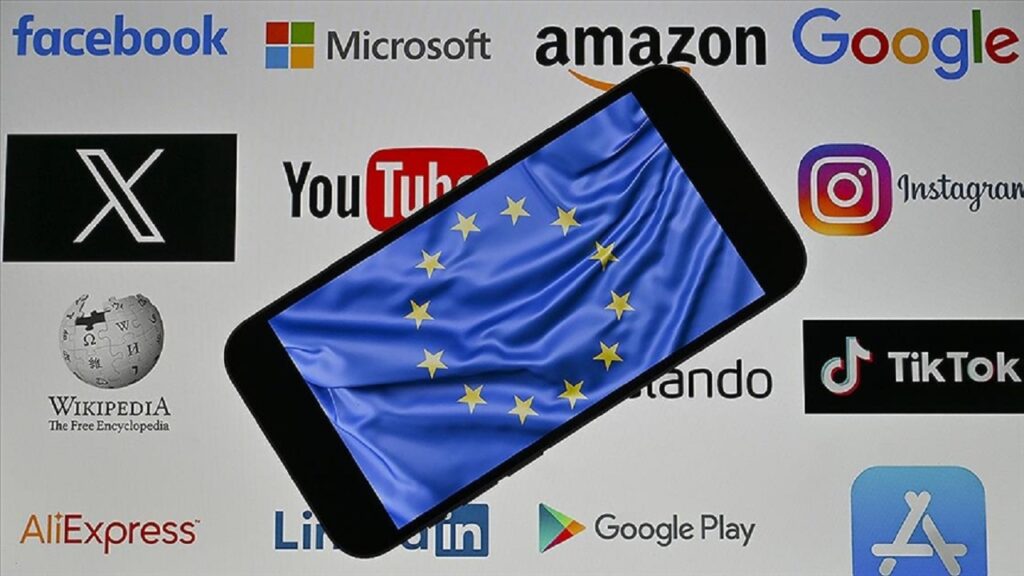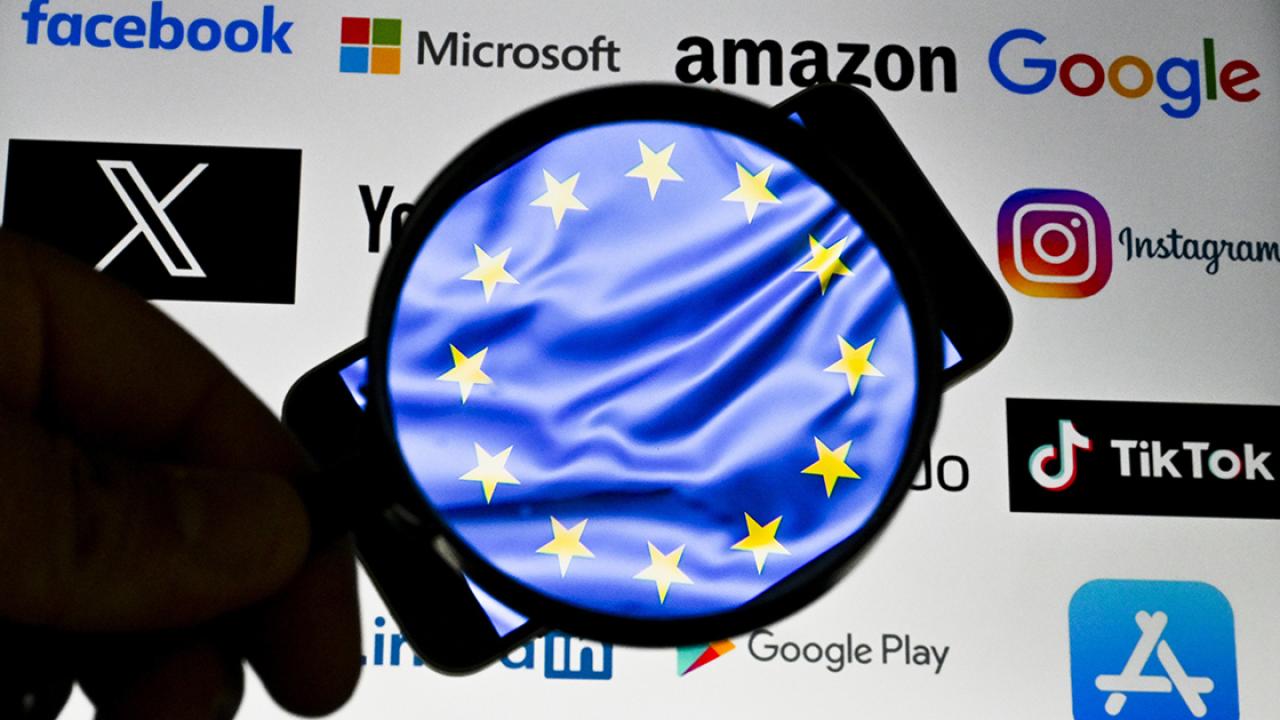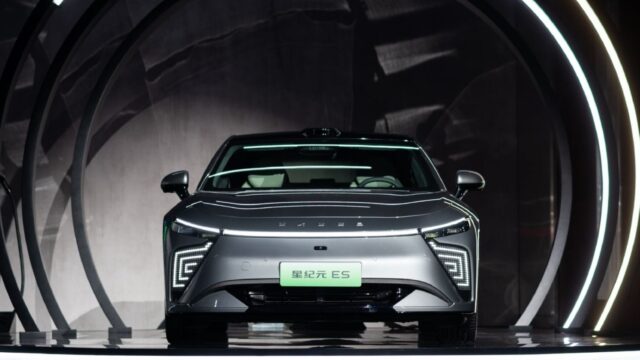2023 has been a very productive year in terms of technological developments. They have made many developments. At the same time, this year technology companies made major concessions in 2023. None of these concessions would have been possible without pressure from the European Union. Here are the details…
The European Union brought technology companies to their knees!
The European Union has managed to get many technology companies to do what they want. For example, Apple has agreed to adopt the RCS protocol, which allows text messaging to work with Android devices. Also, after a long time, the company has switched to USB-C port instead of Lightning port. The new iPhone series used the USB-C port.

Social media companies also received their share of the sanctions of the European Union. Meta offered the option to opt out of targeted ads for a monthly subscription. TikTok, Meta and Snapchat; It allowed some users to opt out of recommendation algorithms altogether. It also did not allow Twitter rival Threads to enter the European market until Meta agreed to its terms.
The regulations of the European Union have been carried out very meticulously. One of the most important results is undoubtedly that the new iPhone 15 series supports USB-C instead of Apple’s proprietary Lightning port. The company made this transition on its own. But this transition came as a direct result of a European law in 2023 that made USB-C the common charging standard.
“As everywhere else in the world, we have no choice but to comply with local laws,” Apple executive Greg Joswiak said of the rules last year. According to the regulation, all new phones and other mobile devices must adopt USB-C by the end of 2024.
Social media applications are also under the control of the European Union. Additionally, these major social media platforms also fall under the scope of the Digital Services Act, which came into force this year. According to this law, these companies are required to make detailed disclosures about disinformation and other harmful content.
Although these practices are a result of EU-specific regulations, users all over the world are affected by these changes. While these may not seem like huge changes, they are at the heart of all these companies’ business models.














